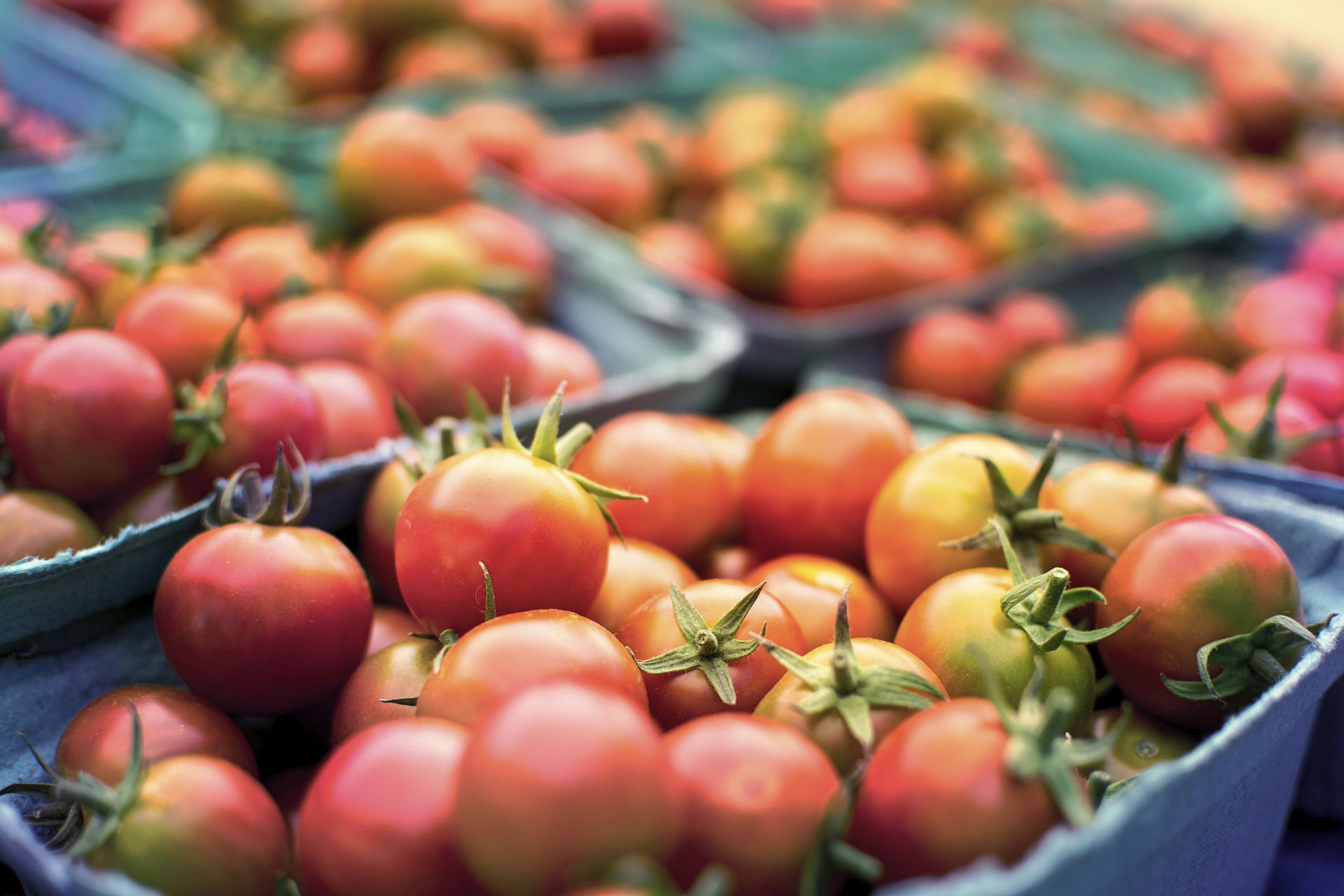Food Security in Developing Nations: Challenges and Solutions
Food security is a fundamental global challenge that affects millions of people, particularly in developing nations. It encompasses the availability, access, and utilization of safe and nutritious food to ensure an active and healthy life. Despite progress in various aspects of development, many developing nations continue to face significant food security challenges. In this article, we will explore the complexities of food security in developing nations, the factors contributing to these challenges, and the innovative solutions that are being implemented to address them.

Understanding Food Security
The concept of food security is based on four pillars:
Availability: Sufficient quantities of food must be consistently available to meet the nutritional needs of the population.
Access: Individuals and communities must have the means to acquire food, which includes financial affordability and physical access to markets.
Utilization: Food must be nutritionally adequate and safe to consume, and individuals must have the knowledge and practices for a healthy diet.
Stability: Access to food should be stable over time and not subject to drastic fluctuations or disruptions.
Challenges of Food Security in Developing Nations
Despite the global nature of food security, developing nations often face unique and pronounced challenges:
1. Poverty
- Poverty is a primary driver of food insecurity, as it limits people's ability to purchase nutritious food.
2. Climate Change
- Developing nations are often more vulnerable to the effects of climate change, which can lead to crop failures, food shortages, and increased prices.
3. Rural-Urban Migration
- Rapid urbanization can lead to the abandonment of agricultural livelihoods, reducing food production in rural areas.
4. Conflict and Instability
- Conflict and political instability can disrupt food supply chains, displace communities, and exacerbate food insecurity.
5. Lack of Infrastructure
- Inadequate transportation and storage facilities can lead to food losses and reduced access to markets.
6. Gender Inequality
- Women often face limited access to resources, education, and decision-making power, which can hinder food security.
Innovative Solutions for Food Security
Addressing food security in developing nations requires a multifaceted approach that combines government policies, international cooperation, and community-level initiatives. Here are some innovative solutions being implemented:
1. Sustainable Agriculture
- Promoting sustainable farming practices, such as crop rotation, organic farming, and agroforestry, can improve soil health and yield stability.
2. Climate-Resilient Crops
- Developing and distributing crop varieties that are resilient to climate change can help ensure a stable food supply.
3. Improved Infrastructure
- Investment in rural infrastructure, including roads, storage facilities, and irrigation systems, can reduce post-harvest losses and improve access to markets.
4. Empowering Women
- Efforts to empower women in agriculture, such as providing access to education and financial resources, can enhance food security.
5. Food Aid Programs
- Targeted food assistance programs can provide immediate relief during crises and help vulnerable populations meet their nutritional needs.
6. Social Safety Nets
- Establishing social safety nets, such as cash transfer programs, can help families access food during times of economic hardship.
7. Community-Based Initiatives
- Encouraging community-led efforts, such as community gardens and cooperatives, can enhance local food production and distribution.
8. Education and Nutrition Programs
- Promoting nutrition education and school feeding programs can improve dietary diversity and child health.

International Collaboration
Food security is a global challenge that requires international cooperation. Organizations such as the United Nations' Food and Agriculture Organization (FAO) and the World Food Programme (WFP) work with governments and NGOs to provide technical assistance, emergency food aid, and policy support to developing nations.
Conclusion
Achieving food security in developing nations is an urgent global priority. It requires addressing the complex interplay of factors that contribute to hunger and malnutrition, including poverty, climate change, and conflict. Innovative solutions at the local, national, and international levels are essential to ensure that all people have access to safe, nutritious, and affordable food.
While significant progress has been made in reducing global hunger over the years, the ongoing commitment to ending food insecurity remains critical. By working together and implementing sustainable, community-driven initiatives, we can move closer to a world where every individual, regardless of their location or circumstances, can enjoy food security and the opportunity for a healthier and more prosperous life.
Sources:
- Food Security and Nutrition in the World - FAO
- The State of Food Security and Nutrition in the World - United Nations
- Climate Change and Food Security - World Food Programme
- Gender and Food Security - International Food Policy Research Institute (IFPRI)
- Sustainable Agriculture for Food Security and Nutrition - FAO